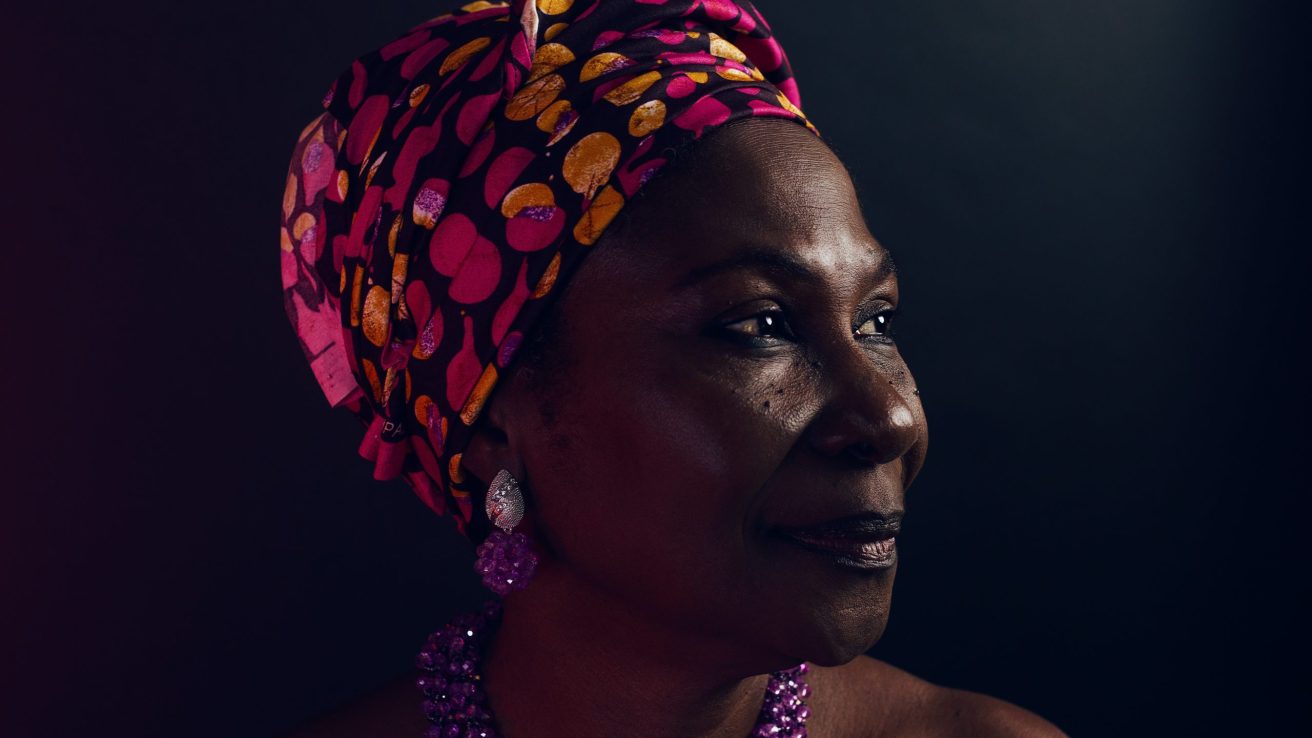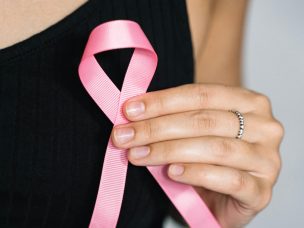Though African American women have a lower incidence of breast cancer, they experience higher rates of more aggressive subtypes, increased mortality, and poorer outcomes compared to white women. Additionally, treatment disparities persist, with African American women having lower access to care and poorer treatment response.
Historically, genetic research and clinical trials have included mostly white women, limiting the existing knowledge about African American women’s molecular profiles and the treatments that work for them.
In this study, published in Cancer Epidemiology, Biomarkers & Prevention, researchers aimed to learn more about the social and biological factors related to breast cancer treatment that contribute to disparate outcomes between African American and white women.
Data from The Cancer Genome Atlas Program (TCGA) and Surveillance, Epidemiology, and End Results (SEER) were analyzed to identify differences in etiology, incidence, and prevalence of breast cancer between African American and white women. Researchers also reviewed the prevalence of molecular aberrations and breast cancer subtypes.
The researchers found that, according to SEER data from 2000-2018, African American patients have higher incidences of triple-negative breast cancer (TNBC) and HER2 enriched (estrogen receptor-negative, progesterone receptor-negative, and HER2-positive) breast cancer, with luminal A incidence being higher in white patients.
It is important to note that most existing treatments are for luminal A breast cancer, with fewer approved drugs for subtypes that occur more frequently among African American women, including the more aggressive TNBC. This disparity is a direct result of the lack of representation of African American patients in clinical trials for oncology drugs in general and breast cancer-specific drugs in particular.
Lastly, the study found that according to TCGA data, among the most commonly altered and significantly different genes, CSMD1 and TP53 were more prevalent among African American patients, and PIK3CA was more prevalent among white patients.
In conclusion, despite their higher incidence of HER2 and TNBC, African American women continue to be underrepresented in clinical trials. The lack of opportunities that African American women face to better understand breast cancer treatment may perpetuate disparities in outcomes. As the health industry continues to make strides towards more personalized medicine, it is vital that we increase the representation of African American women in precision oncology trials [1].
Source:
[1] Magliocco, G., Khalife, R., & Magliocco, A. (2022). Abstract PO-099: African American women with breast cancer have unique molecular features and reduced clinical trial enrollment. Cancer Epidemiology, Biomarkers & Prevention. https://doi.org/10.1158/1538-7755.disp21-po-099










